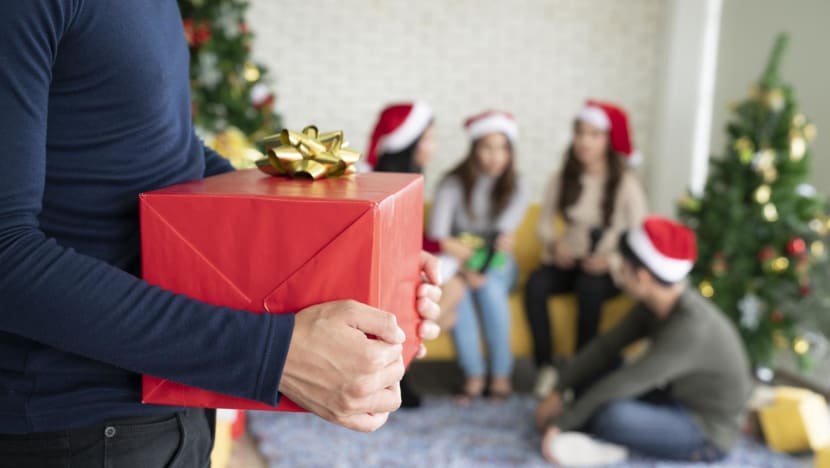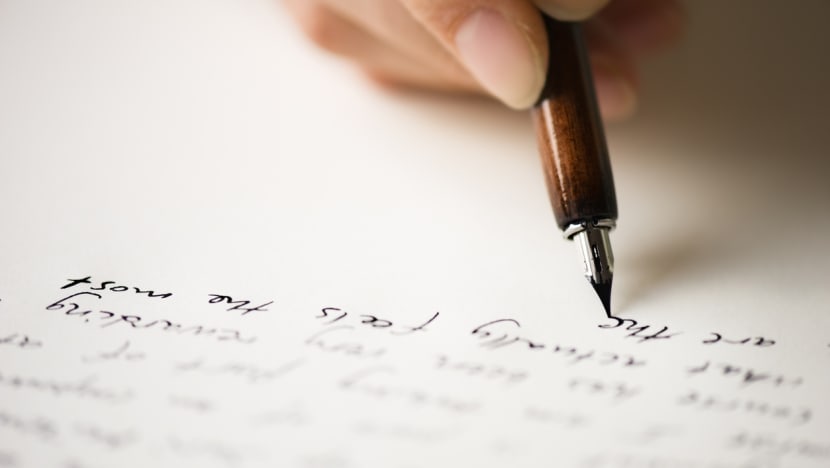Commentary: Going all out on your first post-COVID holiday may not make you happy
We can now hold year-end gatherings or travel abroad without much COVID-19 restrictions – but the mood-boosting effects of an epic holiday experience don’t last long, say Yale-NUS College’s Jean Liu and May Lee.

SINGAPORE: Is it really the “most wonderful time of the year”?
Orchard Road has lit up, the school holidays have begun, and year-end festivities have descended upon us.
In Singapore, it’s the first time since the COVID-19 pandemic began that we can hold year-end gatherings without restrictions on group sizes.
For many of us, it’s also the first holiday season since international travel restrictions were lifted.
As we return to a sense of normalcy, it’s timely to consider how we can end the year with a happy holiday season.
TEMPTING TO GO OVERBOARD
After three years of pandemic restrictions, it might be tempting to go overboard with our holiday plans.
In 2021, the term “revenge travel” was coined to describe how travellers were willing to splurge on expensive vacations after COVID-19 disrupted their earlier holiday plans.
Tour agents at the recent National Association of Travel Agents (NATAS) fair reported that customers wanted longer trips to more far-flung destinations with a wider range of activities.
In short, travellers seemed to be planning epic trips to make up for lost time.
Sustainable gifting for a greener Christmas:
Aside from travel, “revenge spending” is expected in countries gearing up for their first post-COVID holiday season. Mastercard estimates that the value of holiday sales in the US will rise 6.2 per cent from 2021, with luxury goods leading the growth.
We might feel the need to buy large gifts for friends we haven’t met in three years, or to wear fancier outfits for year-end parties.
THE EPIC HOLIDAY EXPERIENCE DOESN’T GUARANTEE HAPPINESS
Although revenge travel and spending may seem well-deserved after three years, psychology research suggests that neither of these activities guarantees a happier holiday.
On one hand, it is true that we will gain a temporary boost to our mood when we embark on an epic vacation or indulge in a long-awaited purchase.
However, research tells us that these mood-boosting effects don’t last long. We quickly get used to life’s greatest experiences, and our happiness levels return to a baseline.
In one classic study, researchers interviewed lottery winners who had won US$50,000 to US$1 million. Despite the large windfall, lottery winners did not report higher levels of happiness than other study participants who had not won the lottery.
Similar findings have led researchers to coin the term “hedonic treadmill”. When we seek out extraordinary life experiences to bring us happiness, we quickly return to the starting point – as if we’d been running on a treadmill.
LOOKING BACK AND PLANNING AHEAD
If we shouldn’t chase epic holiday experiences, what can we do to ensure a happier holiday season?
First, the end of every year is a good time to look back on the things we can be thankful for.
Our perception of a situation often matters more than the life circumstances we are affected by. Psychology research tells us that happier individuals are those who find their lives meaningful, are kind to themselves, and are satisfied with what they have.
As a concrete step, we can practise thankfulness by spending a few minutes each day to write down three things we can be grateful for.
If a friend, relative or colleague has helped us, we can consider writing “thank you” notes to let them know why we appreciate them. This has the added benefit of boosting their happiness, and may turn out to be the best gift we give them this holiday season.

Second, the end-of-year period is a time to look ahead and plan for 2023. Instead of writing unrealistic New Year resolutions, the science of happiness tells us that we should plan achievable goals and monitor our progress.
As we set our goals, a helpful exercise is to imagine our best possible selves – how we would be in an ideal world where everything has worked perfectly. This helps us to maintain a positive outlook in life, and we can set goals that bring us closer to this vision.
REACHING OUT TO LOVED ONES
Finally, we can all have a happier holiday by building up our social relationships. It comes as no surprise that the incidence of loneliness has increased during the pandemic.
In a recent study published in the American Psychologist, a team of researchers concluded that individuals felt more lonely than they had before the pandemic. In turn, experiencing loneliness was associated with symptoms of depression and anxiety.
A separate study published in the British Medical Journal estimated that 1 in 10 individuals felt constantly lonely. The authors concluded that loneliness had reached a “problematic level” worldwide.
In view of these findings, the pandemic-related trend we should reverse is not in travel or spending, but loneliness.
Related:
As we mark the first holiday season without social restrictions, why not try reaching out to loved ones we haven’t seen in three years? In our everyday lives, we can also take the time to perform acts of kindness and encourage those around us.
By pursuing these three simple steps from the science of happiness, we will find the year-end season the most wonderful time of the year.
With that, have a happy holiday.
Jean Liu is a former Assistant Professor of Social Sciences (Psychology) at Yale-NUS College. She conducts research on well-being, and recently taught a course on The Pursuit of Happiness. May Lee is a Psychology student at Yale-NUS College.





















